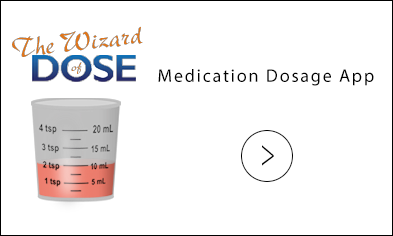
Vitamins
The American Academy of Pediatrics does not recommend vitamin supplements for children. Why? Because there’s no proven benefit. Children who have a reasonably varied diet don’t need vitamin supplements, since common foods contain plenty, and the body absorbs them more effectively from food than from pills. This is even true of some otherwise unhealthy foods: Sugared cereals, while not ideal in many respects, are fortified with plenty of vitamins and minerals.
Whatever you may have heard, vitamins don’t stimulate the appetite, help kids gain weight, or prevent colds and flus. If you’re a vitamin aficionado, however, the recommended doses won’t do any harm even if they won’t do any good.
Vitamin C
Vitamin C proponents think that it prevents heart disease, cancer, anemia, diabetes. . . The list goes on. It’s true that vitamin C is a very important nutrient that contributes to vital functions, but deficiency is rare because it’s available in so many foods, including such kid favorites as oranges, strawberries, and bell peppers. For that reason, supplements are unnecessary. In fact, very large doses can be toxic, so if you must keep those tasty chewable vitamin C lozenges in the house, keep them well away from your kids.
As for cold prevention, there’s no tangible evidence that extra vitamin C has any effect.
Vitamin D
In a recent report, the American Academy of Pediatrics renewed its recommendation that all breast-fed babies receive additional vitamin D to prevent rickets, a bone disorder caused by severe deficiency of this vitamin. Until the late seventies, doctors made the same recommendation. As a result, many mothers opted to feed their babies D-fortified formula. How good could breast milk be if it lacked such an important nutrient?
There are a few reasons to take that recommendation with a grain of salt. While it is true that breast milk provides a low concentration of vitamin D, it provides the nutrient in a more efficient form. Furthermore, the vitamin can be synthesized through the skin using nothing more exotic than a few hours a week of exposure to sunlight. If you’re nursing, I recommend you eat well and take daytime strolls, not only to ensure vitamin D production, but also to prevent you from going stir-crazy.
Vitamin K
Doctors administer vitamin K to every newborn at birth for the prevention of an extremely rare but dramatic bleeding disorder that affects predisposed children during the first days of their life. Since you can’t tell in advance who is at risk, every baby receives the vitamin. Many parents are wary of the administration of vitamin K, probably because they perceive a needle in their newborn’s thigh as an unpleasant welcome to the world. This is understandable, but the vitamin and the injection are both completely safe, and Lucy is screaming for a thousand reasons other than the needle.




 MEDICATION DOSAGE
MEDICATION DOSAGE

